US denies humanitarian entry to hundreds of fleeing Afghans
US immigration officials have reportedly denied entry to hundreds of Afghans seeking temporary stay in the country for humanitarian reasons in recent weeks, causing dismay of Afghans and their supporters.
By doing so, immigrant advocates insist, the Biden administration has failed to honor its pledge to assist Afghans who were left behind after the US military’s hasty pullout from the war-torn country in August following a swift takeover by the Taliban, AP reported.
"It was a huge disappointment," said Caitlin Rowe, a Texas attorney who said she recently received five denials, including one for an Afghan police officer who helped train American troops and was beaten by the Taliban. "These are vulnerable people who genuinely thought there was hope, and I don't think there was."
Since the American withdrawal, US Citizenship and Immigration Services (USCIS) has received more than 35,000 applications for humanitarian parole, of which it has denied nearly 470 and conditionally approved more than 140, said a USCIS spokeswoman Victoria Palmer as cited in the report.
Palmer further noted that the little-known program, which doesn't provide a path to lawful permanent residence in the country, typically receives fewer than 2,000 requests annually from all nationalities, of which USCIS approves an average of about 500.
Palmer also claimed that humanitarian parole is generally reserved for extreme emergencies and not intended to replace the refugee admissions process, "which is the typical pathway for individuals outside of the United States who have fled their country of origin and are seeking protection."
USCIS further claimed in a statement that requests are reviewed on an individual basis, with consideration given to immediate relatives of Americans and Afghans airlifted out.
And while the agency stressed that parole shouldn't replace refugee processing, immigrant advocates argue that isn't a viable option for Afghans stuck in their country due to a disability or hiding from the Taliban.
Even those able to get out of Afghanistan, they insist, may be forced to wait years in refugee camps, which isn't something many can afford to do.
Immigrant advocates in the US began filing humanitarian parole applications for Afghans in August in a last-ditch effort to get them on Amrican evacuation flights out of the country before the withdrawal.
By November, however, the agency had posted a list of narrow criteria for Afghan applicants and held a webinar telling attorneys that parole is typically granted only if there's evidence someone faces "imminent severe harm."
A few weeks later, the denial letters began arriving.
"Once the US packed up and left, anyone who was left behind has only one choice, and that is to pursue this archaic refugee channel," said a California-based immigration legal services director, Kyra Lilien as quoted in the report. "It is just so angering that it took USCIS so long to be clear about that."

Students camp out at Yale to protest Israeli minister Ben-Gvir’s visit

Over 220 US academic leaders slam Trump crackdown on universities

After second Signalgate scandal, Democrats call for Hegseth’s resignation
Hopeful signs in Iran-Africa ties as Tehran hosts third summit
Sexual exploitation weaponized by Zionist assets to demonize Britain's Muslim community
ICC bars chief judge from disclosing Israeli arrest warrants: Report
Parl. speaker: Iran won’t be swayed by Israel’s ‘delusional’ rhetoric
Extremist Israeli minister orders closure of al-Quds Fund and Endowment office
British firm supplying engines for Israel's killer drones: Report
VIDEO | Muscat negotiations, Yemen missiles
Canada should ‘never forget’ US betrayal; old relations ‘over’: New PM


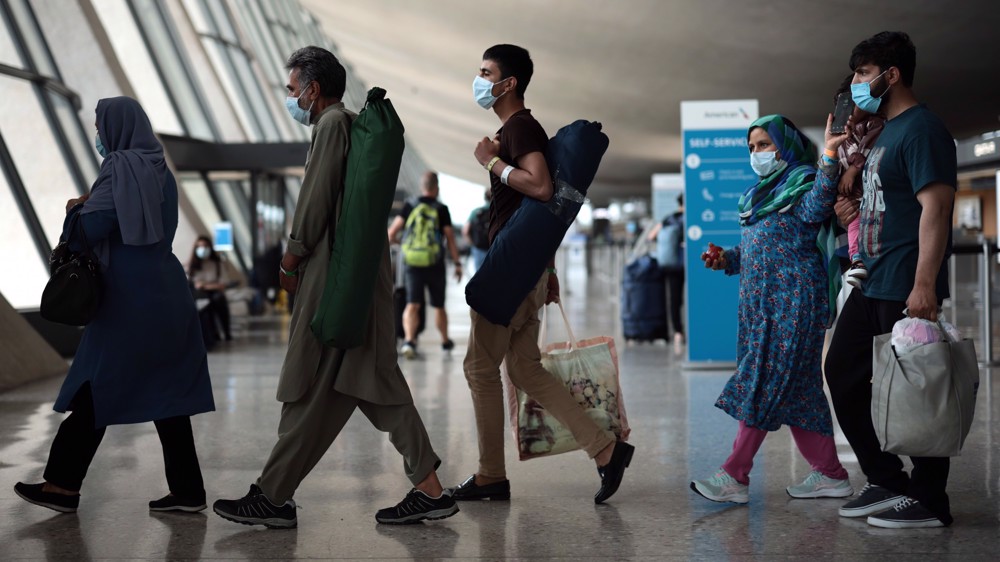
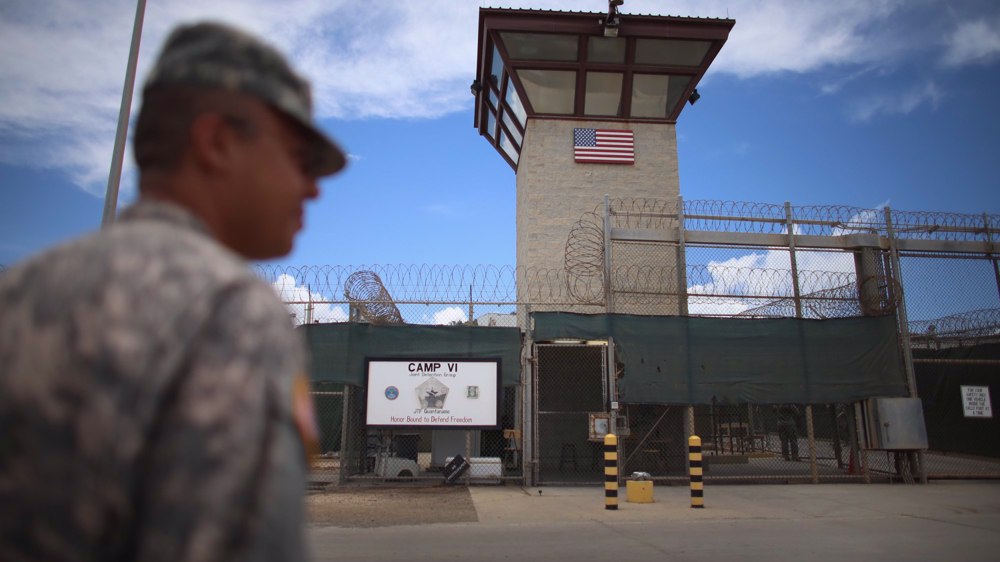
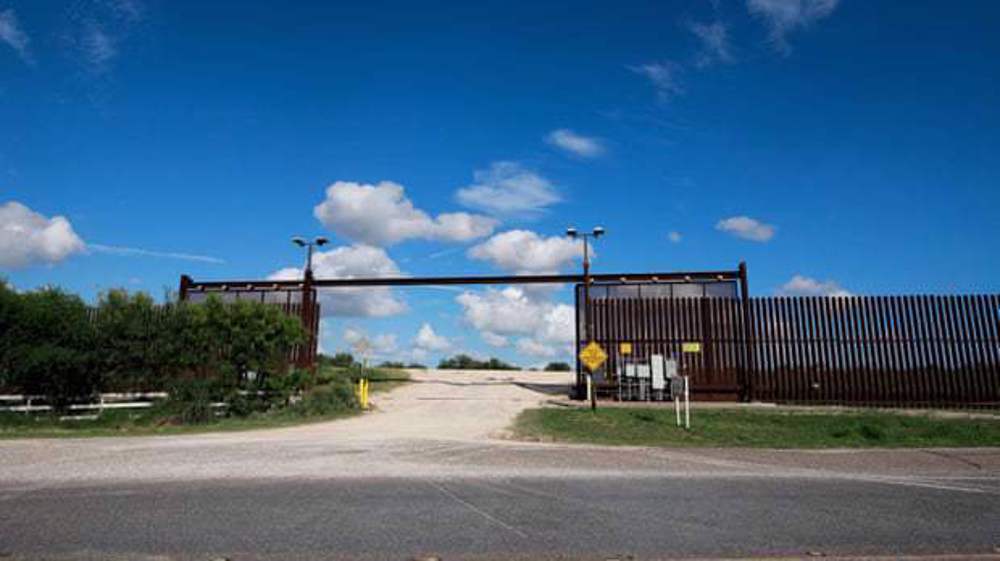



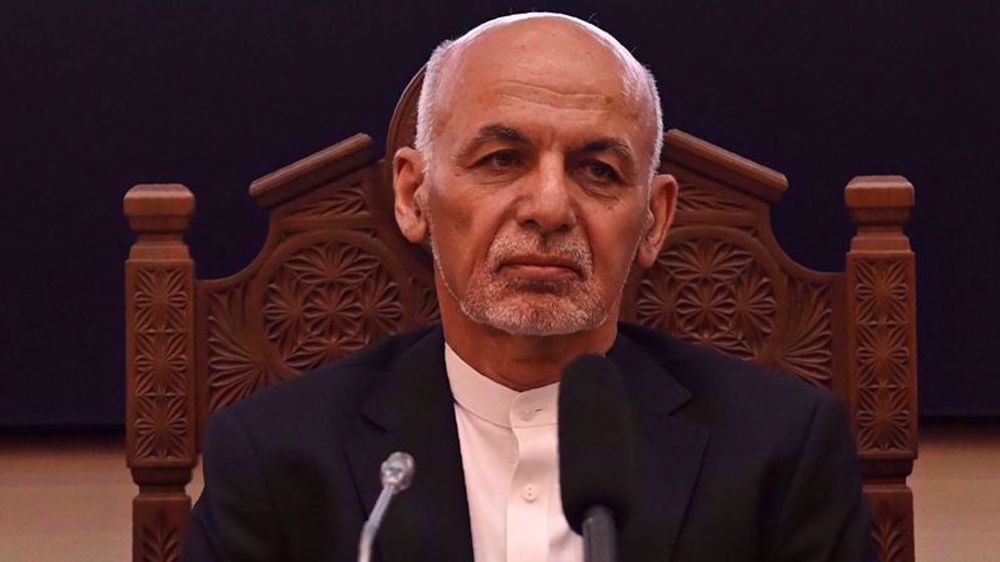

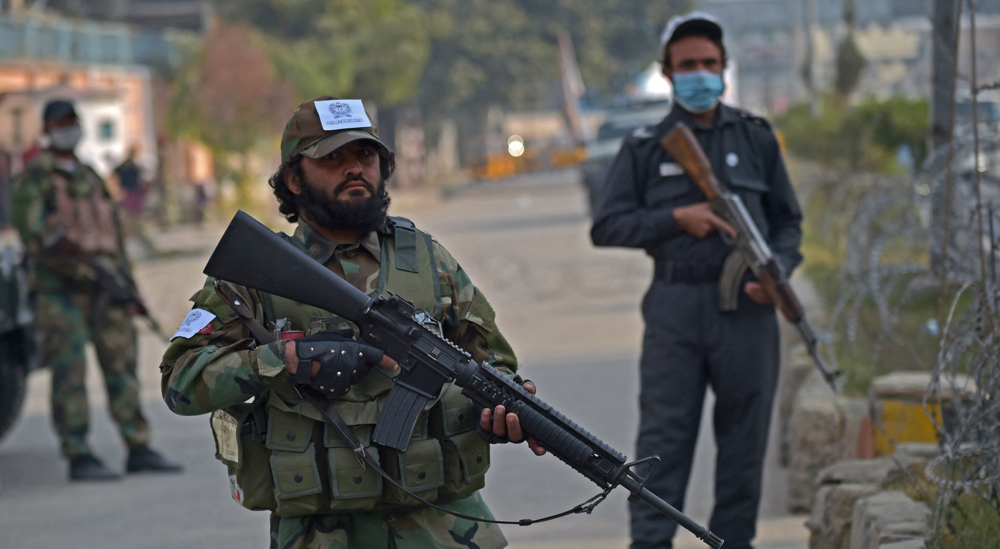

 This makes it easy to access the Press TV website
This makes it easy to access the Press TV website